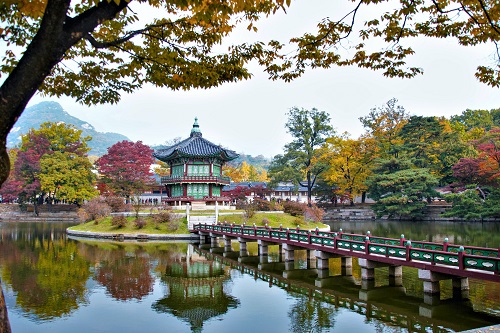House prices were down 7.74% during 2022
After a surge in house prices in recent years, South Korea’s housing market is now slowing rapidly, amidst the recent introduction of stricter lending criteria and interest rate hikes. House prices fell by 7.74% in 2022 from a year earlier, a sharp turnaround from the previous year’s 15.89% growth. On a quarterly basis, house prices dropped 3.74% in Q4.

Market-cooling measures;
The housing market is slowing rapidly, mainly due to the recent imposition of market-cooling measures. In December 2021, the Financial Services Commission (FSC) unveiled its decision to apply stricter rules for jeonse loans – a housing lease system whereby tenants pay a refundable lumpsum deposit instead of monthly rent on a two-year contract. Then in early-2022, banks announced stricter lending rules for borrowers. For instance, borrowers with total loans of over 200 million won that need to repay more than 40% of their annual income in principal and interest are barred from getting additional loans.
In February 2023, Bank of Korea (BOK) kept its key interest rate unchanged at 3.50%, following ten consecutive rate hikes since August 2021. It is now the highest level since June 2011, in an effort to rein in inflationary pressures. As a result, overall inflation slowed to 4.8% in February 2023, down from 5.2% in the previous month and the lowest level in ten months. Inflation reached 24-year high 6.3% in July 2022.
Recent news. South Korea’s trade-reliant economy grew by 2.6% in 2022 compared to a 4.1% expansion in 2021, primarily driven by robust private consumption and fixed investment. However, the International Monetary Fund (IMF) recently lowered its 2023 growth forecast for Korea to 1.7%, down from its earlier estimate of 2%, amidst continued global economic uncertainty. This is at par with the projections released by the Bank of Korea and the Ministry of Economy and Finance, of 1.7% and 1.6%, respectively.